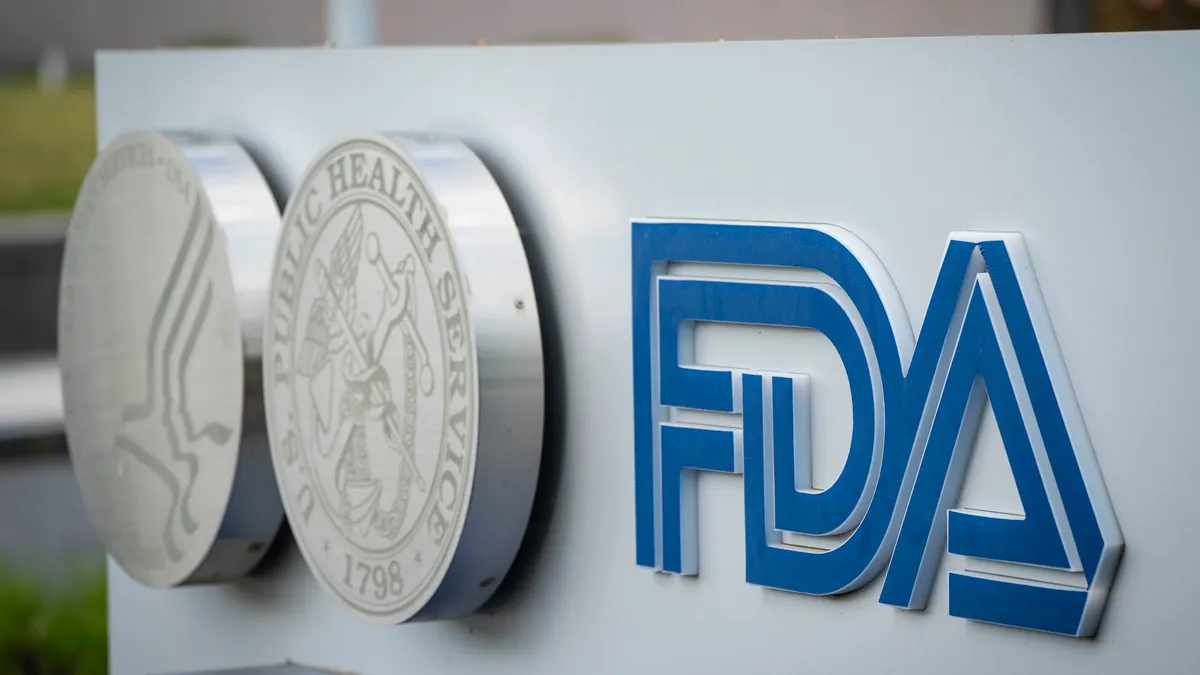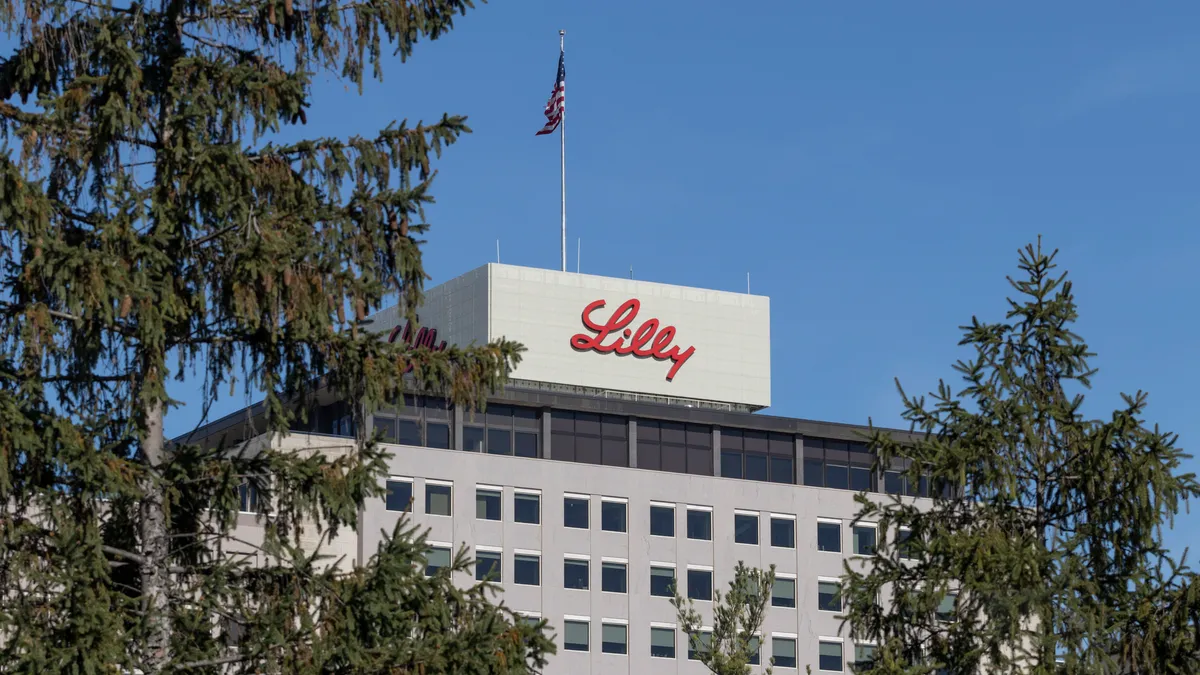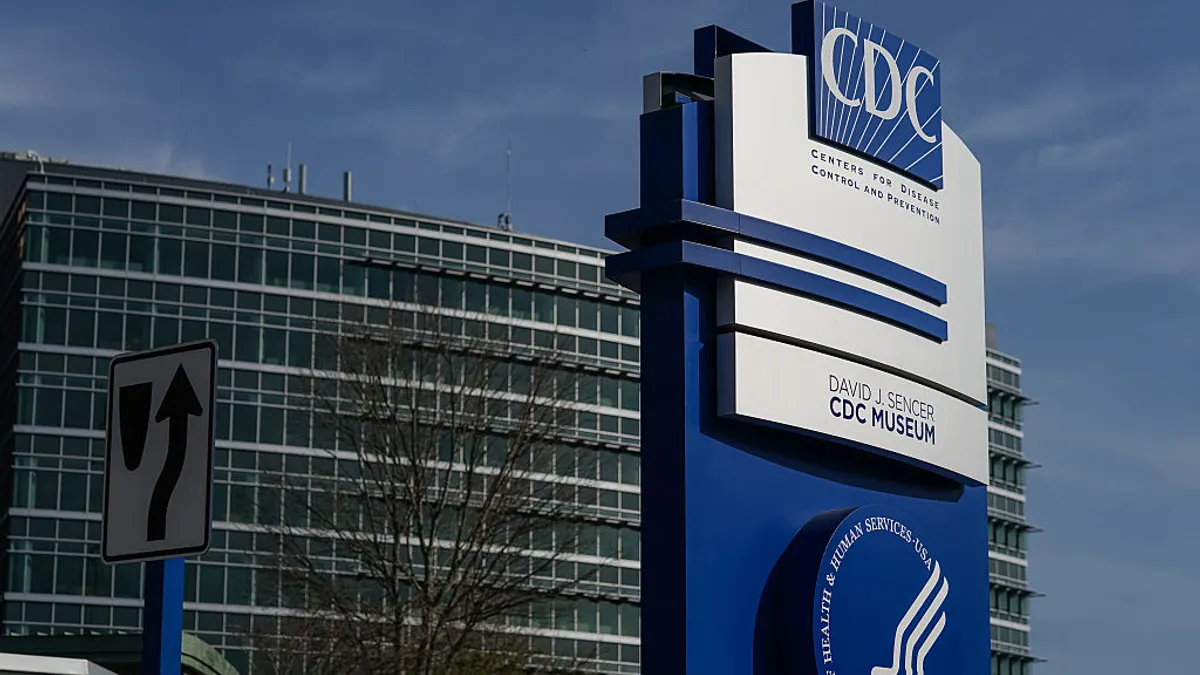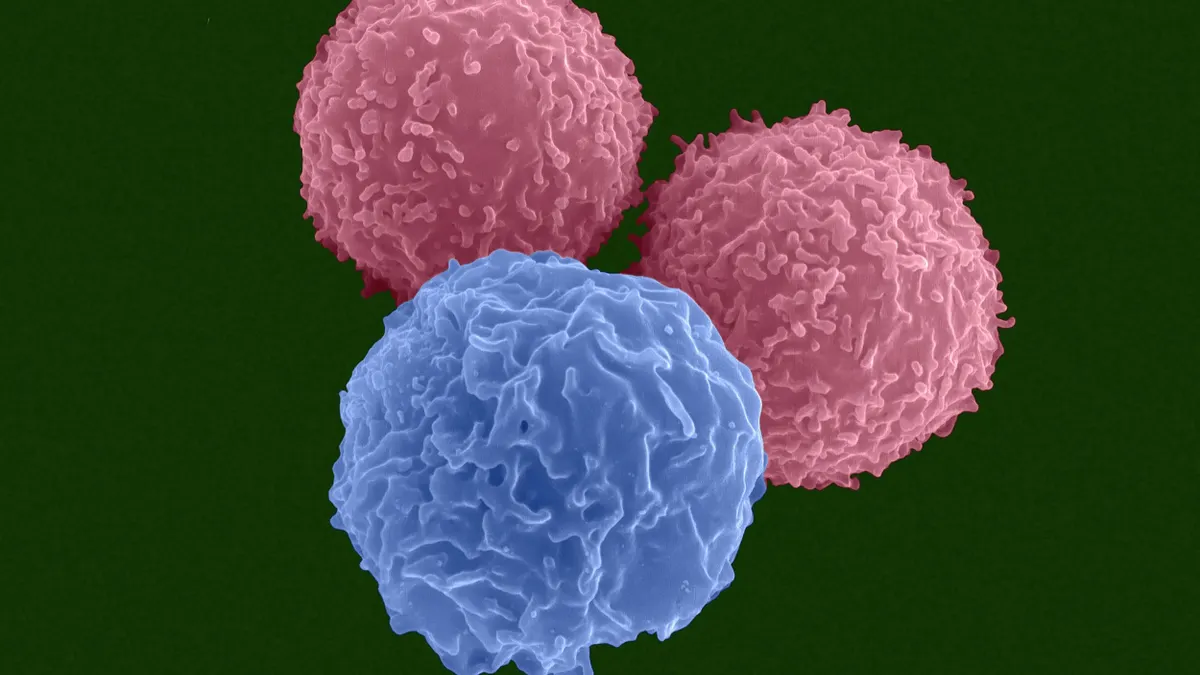The Latest
-
China competition
Drugs from China are reshaping biotech. Track the licensing deals here.
Sanofi reached a deal for rights to a drug already on the market in China, while UCB is the latest to bet on the ability of T cell engagers to treat autoimmune conditions.
Updated 5 hours ago -
Pierre Fabre seeks to revive US approval chances for spurned cell therapy
Ebvallo is one of a series of rare disease treatments recently turned back by the FDA amid shifting guidance that has surprised some companies and frustrated investors.
-
Candid, in a reverse merger with RallyBio, to go public
Candid, which is making bispecifics for immune diseases, has also raised $505 million in a private financing for the newly formed company.
-
UniQure says FDA wants another study of Huntington’s gene therapy
Agency staff "strongly recommended" a sham surgery-controlled trial be conducted before an approval filing, a stance one analyst called a "worst case scenario" for UniQure.
-
News roundup
FDA again targets GLP-1 compounders; Intellia to restart heart disease trial
The agency zeroed in on claims that compounded GLP-1 drugs are comparable to approved medicines. Elsewhere, a blood pressure drug topped Wall Street expectations and a Merck deal paid dividends.
-

 Bhagavatheeshwaran, Govind. (2016). "MRI Scan" [Image]. Retrieved from Flickr.
Bhagavatheeshwaran, Govind. (2016). "MRI Scan" [Image]. Retrieved from Flickr.
Roche pill succeeds in another MS study, but approval questions linger
Liver-related side effects have led some analysts to question fenebrutinib’s prospects, even though the drug has now cleared Phase 3 studies in multiple forms of the disease.
-
Safety concerns spur Aardvark to halt key Prader-Willi drug trial
The detection of certain cardiac issues in a study of healthy volunteers led Aardvark to pause a Phase 3 trial only months before an expected data readout.
-
Ascendis wins FDA approval of dwarfism drug
Yuviwel, a once-weekly injection, will now compete for market share with BioMarin’s lucrative daily shot Voxzogo.
-
UniQure falls further on Makary comments
Remarks the FDA commissioner made during a CNBC appearance seemed to stoke investor fears that UniQure's gene therapy for Huntington's won't get approved.
-
Deep Dive
Biotech M&A is accelerating. Track the deals that are happening here.
Esperion Therapeutics is paying $75 million upfront, and potentially $180 million more, for Corstasis Therapeutics, the developer of an FDA-approved nasal spray used to treat edema.
Updated March 2, 2026 -
Startup launches
Atrium spins out of Avidity, aiming to target rare heart diseases with RNA
Four months after Avidity’s $12 billion buyout, Atrium debuted with $270 million in cash and plans to pick up its predecessor’s work in cardiovascular disease.
-
IPO window
Generate caps a strong month for biotech IPOs with $400M offering
The AI drug discovery specialist is the fifth biotechnology company to go public in February and priced the sector’s largest new stock offering in nearly three years.
-
Sarepta CEO Doug Ingram to retire, with company at a crossroads
Ingram, who steered the company through multiple drug approvals and controversies, will step aside as Sarepta faces dwindling Elevidys sales and emerging competitors to its core business.
-
Obesity drugs
Lilly’s GLP-1 pill tops Novo’s Rybelsus in head-to-head trial
Orforglipron, which could be approved for obesity next quarter, proved superior at cutting blood sugar and body weight — but at the expense of higher side effect rates.
-
Deep Dive // IPO window
Biotech IPOs are the industry’s lifeblood. Track how they’re performing.
Generate Biomedicines’ $400 million offering is the biotech sector’s largest by total proceeds since Acelyrin’s $540 million IPO in May 2023.
Updated Feb. 26, 2026 -
Vaccines
Moderna’s combination flu, COVID shot wins over European drug regulators
In issuing a positive recommendation, the EMA has diverged from the FDA, which has set higher approval standards for Moderna’s vaccine in the U.S.
-
News roundup
Boehringer drug approved in 44 days; BioMarin shelves Roctavian
Boehringer’s lung cancer medicine Hernexeos is the second “national priority” voucher winner to gain a speedy approval. Elsewhere, a landmark gene therapy was withdrawn and a Pfizer deal paid dividends.
-
Bristol Myers says ADC licensed from China hits mark in aggressive breast cancer
The study result is the latest step forward for a drug Bristol could eventually pay more than $8 billion for and has spotlighted as important to its future growth.
-
Obesity drugs
With Vivtex deal, Novo gains a chance at better oral obesity drugs
The potentially $2.1 billion collaboration gives Novo access to technologies that are meant to help optimize the delivery of oral biologic medicines.
-
GSK to acquire 35Pharma in $950M deal for cardiovascular drug
The deal hands GSK a drug it views as a potentially “best-in-class” therapy for blood pressure diseases like pulmonary arterial hypertension — the target of Merck’s fast-selling Winrevair.
-
Alkermes’ Richard Pops to step down after three-decade run as CEO
One of biotech’s longest-tenured leaders, Pops steered Alkermes through several reinventions, the latest of which has made it a frontrunner in developing a new narcolepsy drug.
-
Vaccines
15 states sue HHS over changes to childhood vaccine schedule
The lawsuit seeks to reverse the abrupt overhaul of the U.S. immunization schedule as well as the federal government’s allegedly “unlawful” reformation of a key vaccine panel.
-
Emerging biotech
BreezeBio banks $60M to make more precise genetic medicines
The company has shed its former “GenEdit” name and strategy in favor of a plan to develop its own medicines, starting with a potential tolerance-inducing treatment for Type 1 diabetes.
-
Trump’s State of the Union trumpets healthcare greatest hits, but no new policies
In his lengthy address Tuesday night, the president touted his efforts to make drugs and insurance more affordable but steered clear of hot-button issues like vaccine access and the GOP’s Medicaid cuts.
-
Obesity drugs
Novo, searching for a spark, spotlights new data for three-pronged obesity drug
Novo’s answer to a closely watched Lilly drug spurred roughly 20% weight loss after 24 weeks in a Phase 2 trial, results one of its executives claimed to be “differentiating.”


























